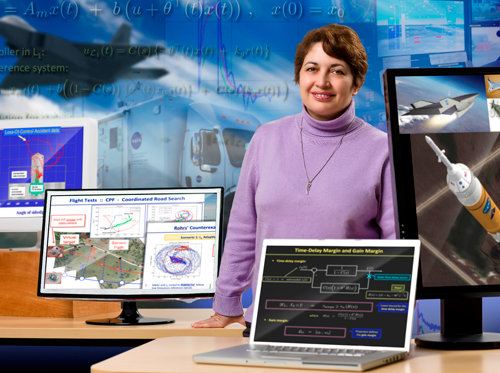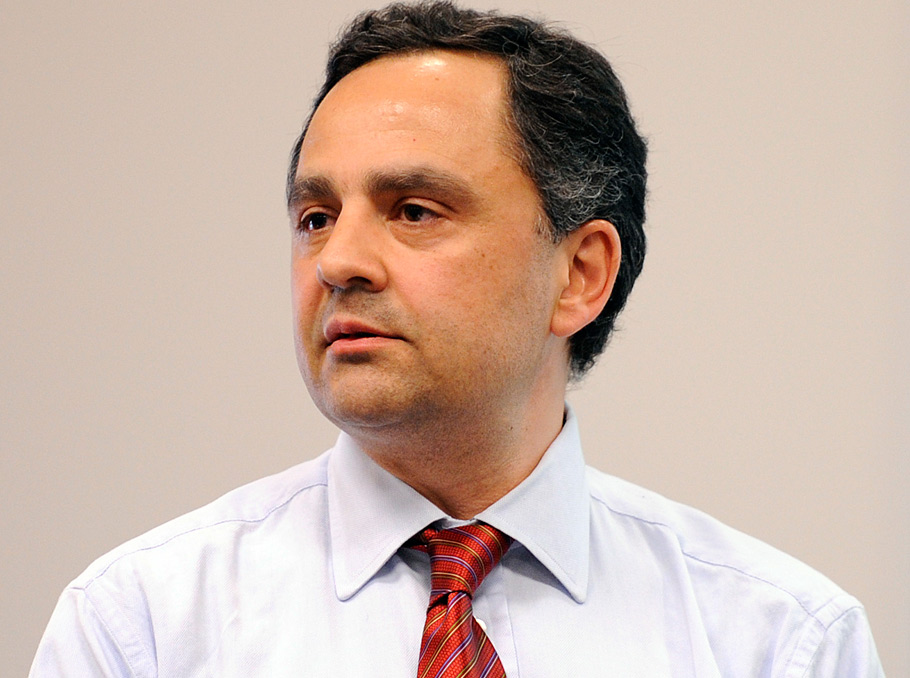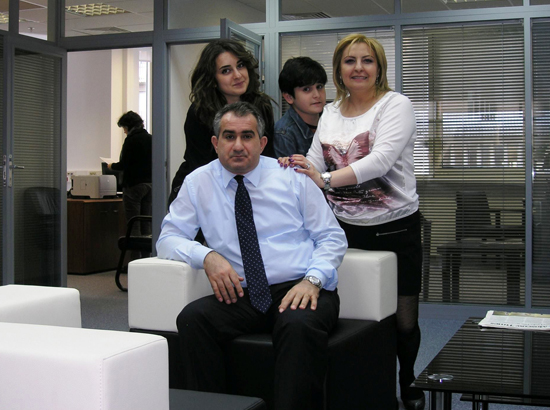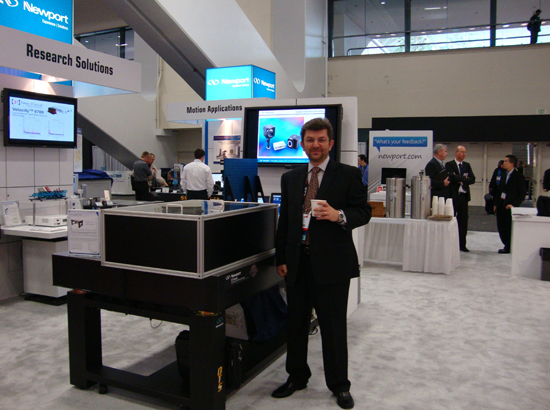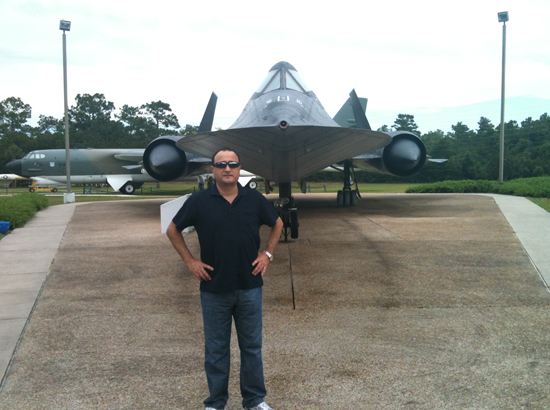Mathematician Naira Hovakimyan was born and raised in Yerevan. She graduated from Yerevan School N139 with honors. In 1983, she entered the Department of Theoretical Mechanics and Applied Mathematics of Yerevan State University. She got her Ph.D. in Physics and Mathematics in 1992 in Moscow from the Institute of Applied Mathematics, majoring in optimal control and differential games. In 1994, she received a scholarship in Germany and in 1997 she was awarded a governmental postdoctoral scholarship to work in INRIA, France. Later, Naira was invited to work in USA where she lives now. Her current interests are in the theory of robust adaptive control and estimation, control in the presence of limited information, networks of autonomous systems, game theory and applications of those in safety-critical systems of aerospace, mechanical, electrical, petroleum and biomedical engineering.
I graduated from English language school # 139 in Yerevan. I had keen interest in English language since three years old. Until 11-12 years old I thought I would go into comparative linguistics. However, as we started geometry and physics in the 6th grade in school, my excitement with the structures that I could explore in these subjects changed my mind. Graduating from the school I already knew what I wanted to explore in life.
Upon graduation from high school with gold medal, Naira entered the Department of Theoretical Mechanics and Applied Mathematics of Yerevan State University, graduated with Honors Diploma and then continued her studies in Moscow.
We did not have many opportunities then, and the doors to foreign countries were closed. The best opportunity was to go for further studies in Moscow. I pursued my Ph.D. in Physics and Mathematics at the Institute of Problems in Mechanics of Russian Academy of Sciences and defended my degree at the Institute of Applied Mathematics after Keldish in 1992.
In January 1992, I returned to Armenia. These were the toughest years for Armenia: war, electricity cuts, energy blockade. In 1994, I received a scholarship through the Embassy of Germany in Yerevan and left for Germany on an exchange program. I studied for one and half years there and in the meantime took part in a scientific conference in France, where I introduced the results from my Ph.D. studies. In France, I made a connection with a professor who invited me to work in France, but the process of getting a scholarship should have lasted for about a year and I returned to Yerevan.
In December 1996, the results of my Ph.D. studies were presented at the 7th International Symposium on Dynamic Games and Applications in Kanagawa, Japan. I was awarded one of the two prizes for a young investigator there, and with the help of UNESCO supplement in Yerevan I was able to travel and get the prize.
The trip to the conference in Japan was in some sense the break point in Naira’s life.
I met a professor from Israel, who invited me for a short-term visit to Technion, Israel, upon my stay in France in 1997. While in Israel, I became aware of the opportunity at Georgia Tech in the States and decided to apply for it. Although the opportunity in GaTech was somewhat unrelated to my prior training, I decided to give a try to it, as the conditions in Armenia were far from improving; there was no light source at the end of the black tunnel.
The first years in USA were extremely tough: I joined a group in flight control engineering without having any prior background in flight control or any formal training in engineering, and I was challenged to address the stability issues of advanced flight control methods. I had to learn lot of fundamentals in several new fields for me to be able to contribute. The process was painful, but highly rewarding. In several years, I was able to seek a permanent job for me in USA, and I was offered a faculty position in Virginia Tech.

In NASA Research Center
From Naira Hovakimyan’s personal archive
Here with my group of students and postdocs we started to work on a new direction for adaptive control systems addressing one of the major open problems in the field, which enabled, for example, control of aircraft in highly unstable flight regimes in support of aviation safety. The work was highly recognized and led to new opportunities for broader applications outside aerospace, like marine applications, oil production, anesthesia, etc.
In 2008, Naira was recruited by the University of Illinois at Urbana-Champaign UIUC, where she currently supervises a large group of students and visiting scholars. I am curious about the problems she has had during her brilliant career.
The only problem I have had as a professional was the “absence of American pedigree in my Resume”. The American academic world is a very closed system and has its own unfair rules. But I am trying not to focus on those. I have a constant job, talented students - I enjoy supervising them. I have good colleagues - I can always learn something from them. I also have wonderful friends.
“Happiness is not a big diamond, is a mosaic of small stones arranged in harmony” – these words by Jean-Alphonse Karr, 19th century French writer, are Naira’s life motto. She admits that she is guided by this principle in her life, trying to fill in her days with as many beautiful moments as possible.

At a conference in China
From Naira Hovakimyan’s personal archive
Naira keeps in touch with Armenia and often visits Yerevan
I often visit Armenia and meet the specialists here. I have delivered lectures in Yerevan universities for several times. I am excited to have the opportunity to work with Armenian scholars. I see great changes in Armenia and tremendous progress with plenty of opportunities. I would love to supervise Armenian students and to mentor them on their career paths.
Naira is the co-author of “L1 Adaptive Control Theory: Guaranteed Robustness with Fast Adaptation” book and over 250 articles. She also has numerous awards. She is an honored visiting professor at various universities and delivers lectures across the globe. I am asking her whether she has her own success formula.

With L1 team members
From Naira Hovakimyan’s personal archive
In my young years I was passionate about proving a theorem or finding a brilliant idea leading to the solution. As I grew, I realized how important it is to have your “ID card in science” and in your community. Once this process of self-establishment was over, I started feeling greater responsibilities and dues; namely, to be useful for the society and to leave a legacy. At every stage of my life I perceive the world and my activities differently. I love the word “mission”. I think it is very important to correctly perceive and to carry out your mission at every stage of life. You succeed when you realize it.

After a lecture for Statoil
From Naira Hovakimyan’s personal archive
Now I am happy to see the success of my students, going to conferences and symposiums with them. If there are people who continue my path and my work, it means that life goes on.
Aram Araratyan









